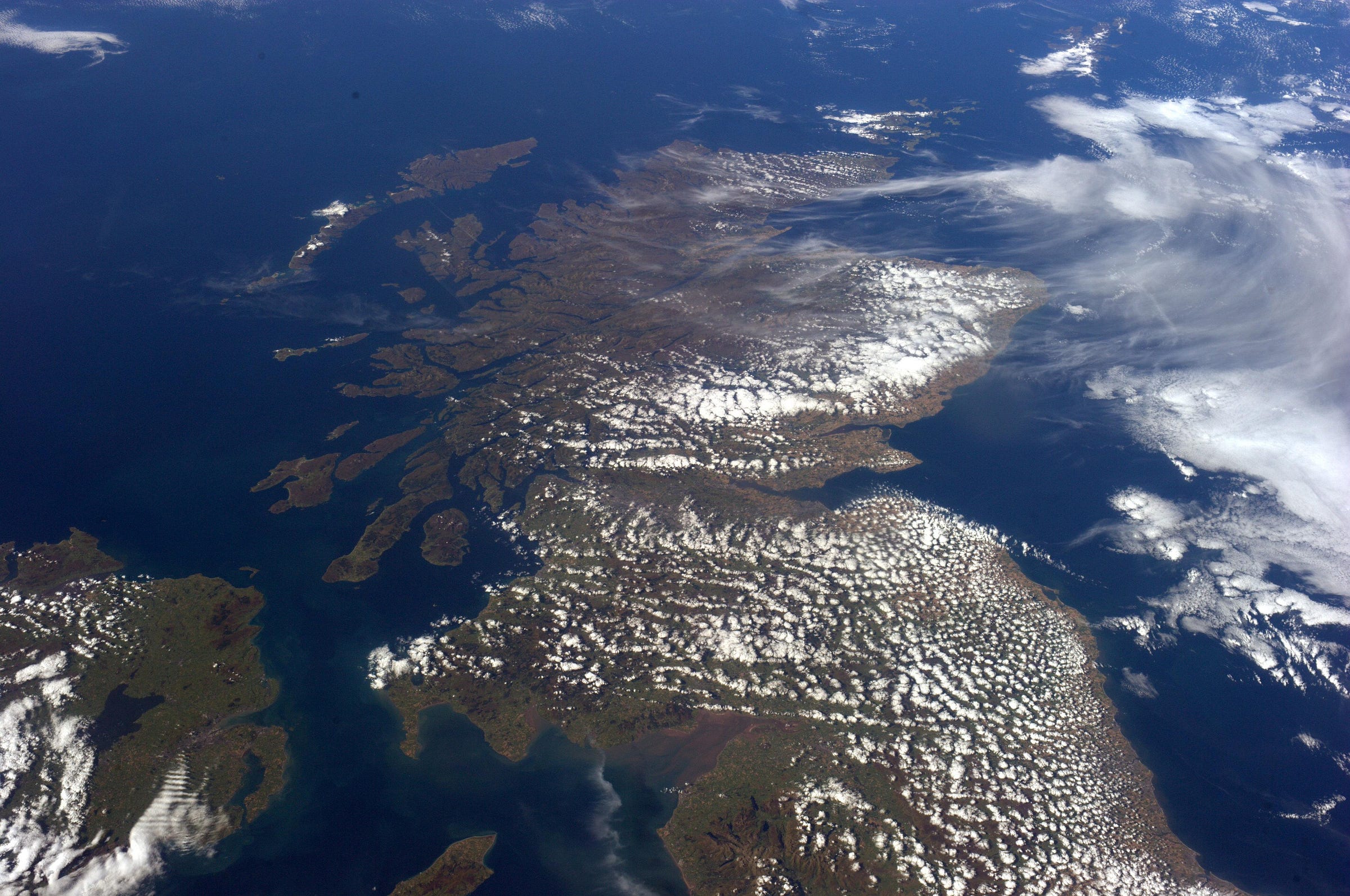Launchable
Space + Journalism
I’m not sure if I’m still allowed to call myself a journalist.
I studied it a long time ago, and I briefly worked in the field. Since then, I still identify with the principles and ideals of the role, even if these may just be romanticised ideas from a bygone era. Nonetheless, whenever I come across an example of good journalism, it inspires me.
And so, as I begin this new endeavour (which is still slowly taking shape), I’d like to acknowledge one of the things that has brought me here:
The Spaceport at the Edge of the World | WIRED
I found this article absolutely fascinating. The timing of its publication couldn’t have been better, either.
See, in 2023, I’d decided it was time to reassess my career. I wasn’t a journalist, and the prospects of going back into the field were not promising. I was worried I was stagnating, and started to look around to figure out what I wanted to do next. Living in Scotland, I started researching what industries are growing here, that also aligned with my interests. I had not long stumbled onto the surprising fact that there is a thriving space sector here when I came across this Wired article.
And during 2024, I actually began to work in the space sector, at least part-time, bringing my marketing and communications (and perhaps journalistic) experience to businesses in this sector, helping them to tell their stories to a wider audience as the sector grows. I continue to do that now, but something also niggled at me: why were there not more stories like this one? Why wasn’t the sector being covered like this anywhere else? What has happened since? Tomas Weber writes excellent narrative features, but space isn’t actually his beat, making this a bit of a once-off.
But I wish there was more of this kind of approach. Yes, there are others doing a great job of covering the latest news coming out of the Scottish space sector (and I will be looking at those in a future article here). But I want to know more about these “Space Crofters”! Nowhere else have I read about the connection between the historical impact of the Highland Clearances and the promises of this new growth industry. I’m interested in the fact that despite multiple environmental impact assessments, there’s still some doubt about what regular rocket launches — never mind failed ones — might do to the delicate and precious surrounding peatland. I want to understand more about the sustainability efforts of these new launch companies, versus those of the crofters, versus those of the rewilding business that all seem to be in contention here. And since the news broke that the spaceport is now on pause altogether, I really want to know more about what happens next.
We think of space as a vacuum, and while that might technically be true, figuratively, it’s the opposite. There are huge benefits to be gained from going to space — and there are costs, too. There are social, environmental, moral, economic, psychological and political questions to be asked.
As Scottish naturalist John Muir put it, "when one tugs at a single thing in nature, he finds it attached to the rest of the world."
Space is not just about space. It’s about Earth. It’s about people.
It’s space, plus.
So, allow me to dust off whatever remnants of journalistic practise I can still muster, and join me here, as I try to find the words (whether text, audio, or film) to scratch that itch, and cover space plus everything else that surrounds it.
Welcome to Space+.



*When, not which
It's a marvellous thing which passions and skills combine. I think you'll find those skills are not the slightest bit dusty. A cursory glance over what else you've published since this intro post confirms it. Personally I am looking forward to reading more, to share in the wonder and fascination that you experience in space!